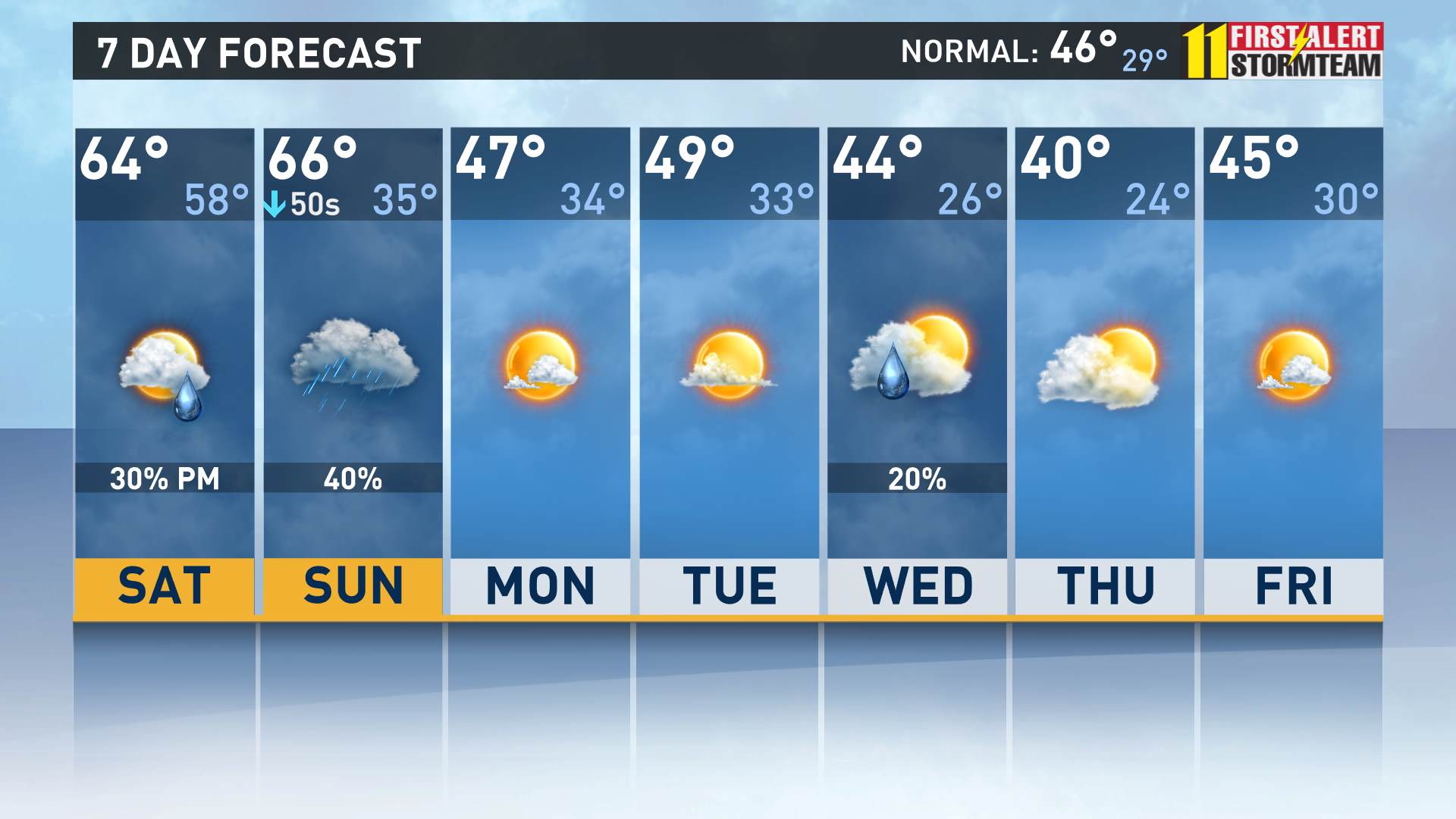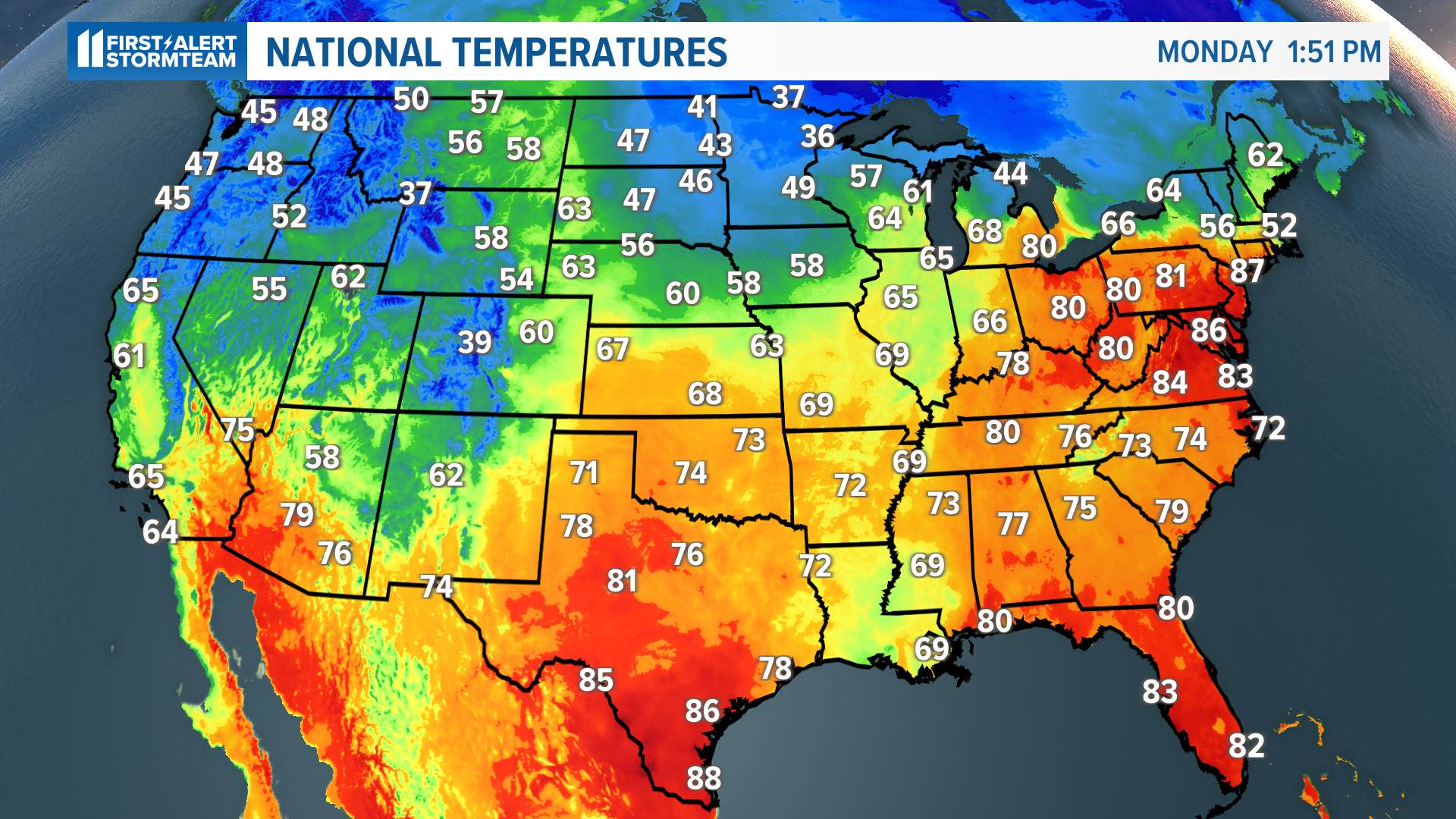Louisville Weather Patterns and Trends

Louisville, Kentucky, experiences a humid subtropical climate with four distinct seasons. The city’s geographic location in the Ohio Valley, between the Appalachian Mountains to the east and the Mississippi River to the west, influences its weather patterns.
Temperature Ranges
Louisville’s average temperature ranges from a low of 27°F (-3°C) in January to a high of 86°F (30°C) in July. During the summer months, temperatures can occasionally reach into the 90s°F (32°C) or higher, while in the winter, they can drop below freezing.
Precipitation Patterns
Louisville receives an average of 44 inches (112 cm) of precipitation annually, which is distributed fairly evenly throughout the year. However, the city is prone to occasional thunderstorms, especially during the spring and summer months. Snowfall is also common during the winter, with an average of 12 inches (30 cm) per year.
Seasonal Weather Patterns
Spring (March-May): Spring in Louisville is generally mild and pleasant, with temperatures gradually rising from the 40s°F (4°C) in March to the 60s°F (16°C) in May. Precipitation is common during this season, with occasional thunderstorms.
Summer (June-August): Summer in Louisville is hot and humid, with average temperatures in the 70s°F (21°C) to 80s°F (27°C). Thunderstorms are frequent during this season, and temperatures can sometimes reach into the 90s°F (32°C) or higher.
Autumn (September-November): Autumn in Louisville is characterized by cooler temperatures and decreasing humidity. Average temperatures range from the 60s°F (16°C) in September to the 40s°F (4°C) in November. Precipitation is common during this season, with occasional thunderstorms.
Winter (December-February): Winter in Louisville is cold and snowy, with average temperatures in the 20s°F (-6°C) to 30s°F (-1°C). Snowfall is common during this season, with an average of 12 inches (30 cm) per year.
Historical Weather Data and Climate Analysis: Weather Louisville Ky

Weather louisville ky – Louisville, Kentucky, has a humid subtropical climate with hot, humid summers and cold, dry winters. The city experiences an average of 44 inches of precipitation per year, which is evenly distributed throughout the year. Louisville’s average temperature is 56 degrees Fahrenheit, with an average high of 77 degrees Fahrenheit in July and an average low of 33 degrees Fahrenheit in January.
Temperature Trends
Louisville’s average temperature has increased by about 2 degrees Fahrenheit over the past century. This warming trend is consistent with the global trend of rising temperatures. The city has also experienced an increase in the number of extreme heat days, with temperatures reaching 90 degrees Fahrenheit or higher on more than 20 days per year.
Precipitation Trends
Louisville’s average annual precipitation has not changed significantly over the past century. However, the city has experienced an increase in the frequency of heavy rainfall events. These events are often associated with thunderstorms and can lead to flooding.
Wind Patterns
Louisville’s prevailing wind direction is from the southwest. The city experiences an average wind speed of 10 miles per hour. Louisville’s wind patterns are generally consistent throughout the year, but the city can experience strong winds during thunderstorms and tornadoes.
Comparison to Other Cities, Weather louisville ky
Louisville’s climate is similar to that of other cities in the Midwest. However, Louisville is slightly warmer and wetter than most other cities in the region. The city’s average temperature is about 2 degrees Fahrenheit warmer than the national average, and Louisville receives about 4 inches more precipitation per year than the national average.
Extreme Weather Events and Preparedness

Louisville is prone to various extreme weather events, including tornadoes, severe thunderstorms, and flooding. These events pose significant risks to the city’s infrastructure, economy, and public safety.
Tornadoes are the most destructive weather events in Louisville. They can cause widespread damage to buildings, infrastructure, and vegetation. In the past, tornadoes have also resulted in fatalities and injuries.
Severe thunderstorms can also cause significant damage to Louisville. These storms can produce high winds, hail, and lightning. They can also lead to flash flooding, which can damage property and infrastructure.
Flooding is another major concern for Louisville. The city is located on the Ohio River, which is prone to flooding during heavy rains. Flooding can damage homes and businesses, and it can also disrupt transportation and utilities.
As the sun peeked through the clouds in Louisville, Kentucky, casting a warm glow over the city, my thoughts drifted to the weather in other parts of the country. I wondered about the conditions in Tyler, Texas, where the forecast promised a day of sunshine and gentle breezes.
Like a whisper carried by the wind, the allure of tyler tx weather filled my mind, reminding me of the beauty and diversity that nature holds.
The skies over Louisville, Kentucky, are ever-changing, from clear and sunny to stormy and overcast. If you’re planning an outdoor activity, it’s always a good idea to check the beryl live tracker to see if there are any storms brewing.
This way, you can make an informed decision about whether or not to proceed with your plans. Fortunately, Louisville weather is usually mild and pleasant, with plenty of sunshine and moderate temperatures. So, even if you do encounter a storm, it’s likely to pass quickly and you’ll be able to enjoy the outdoors again soon.